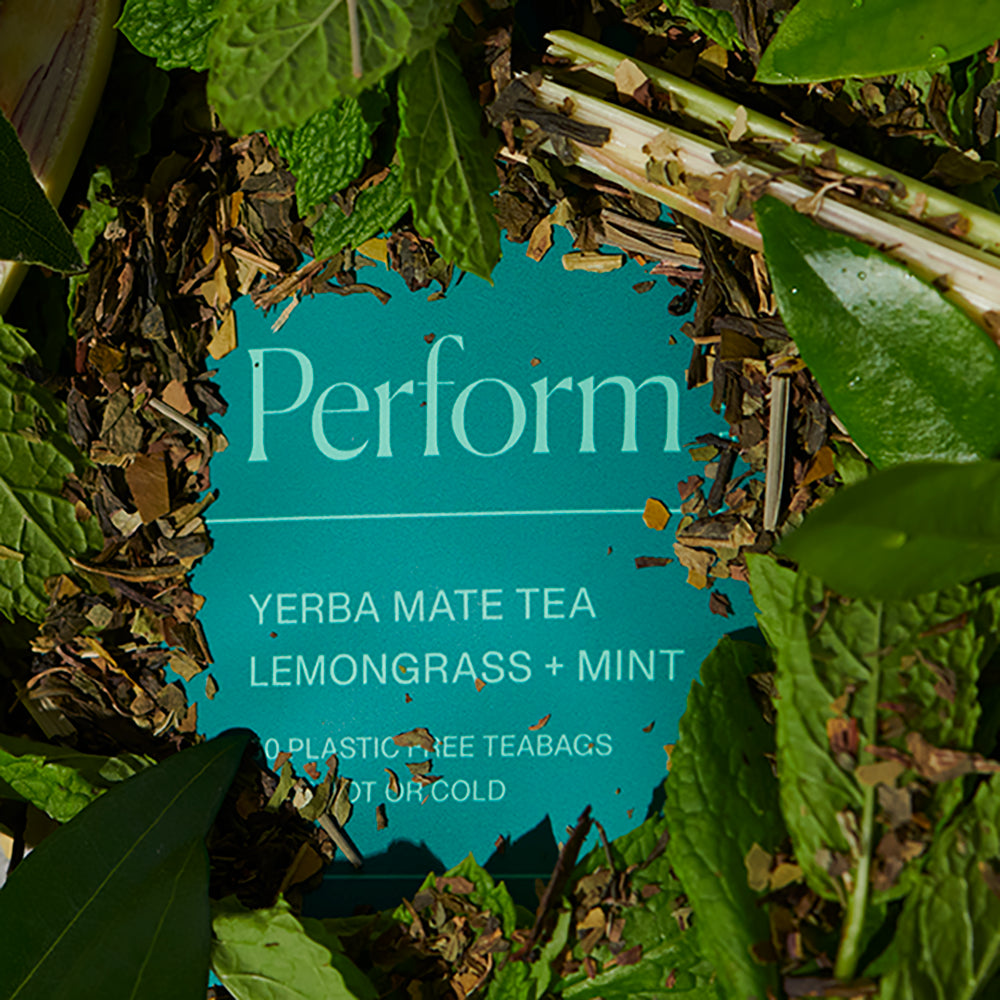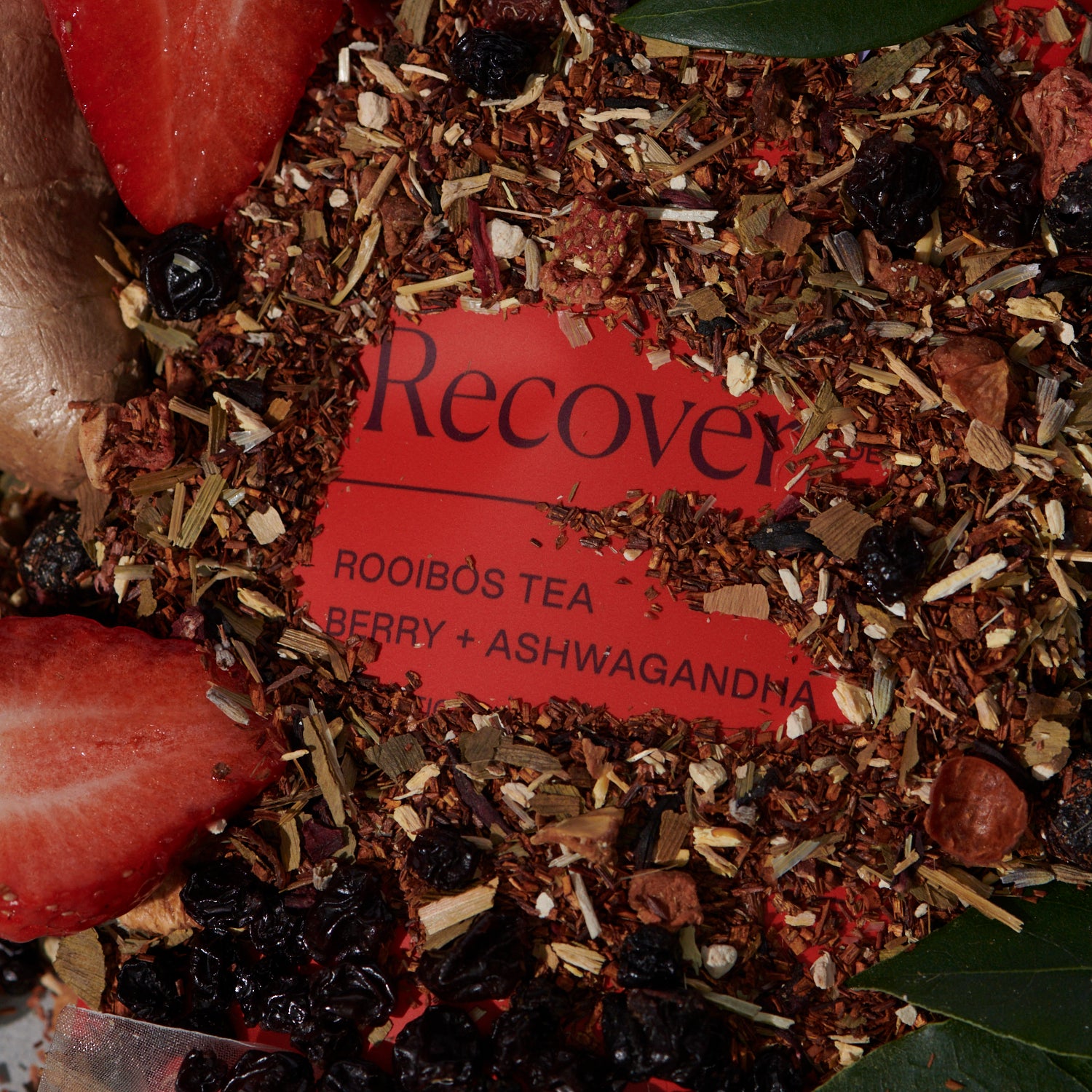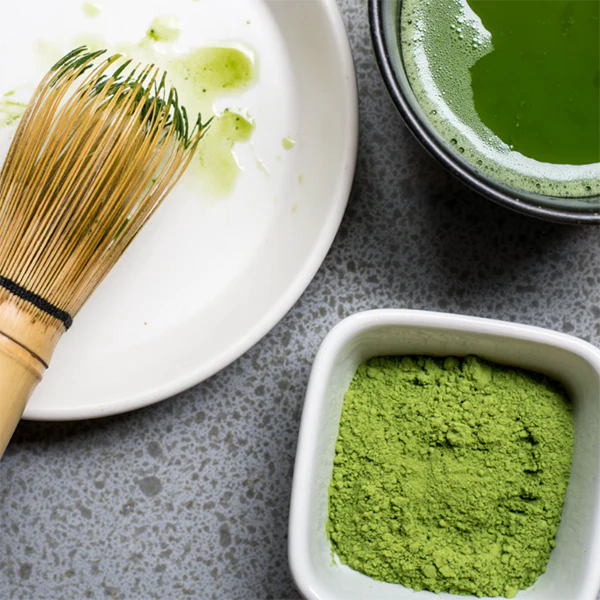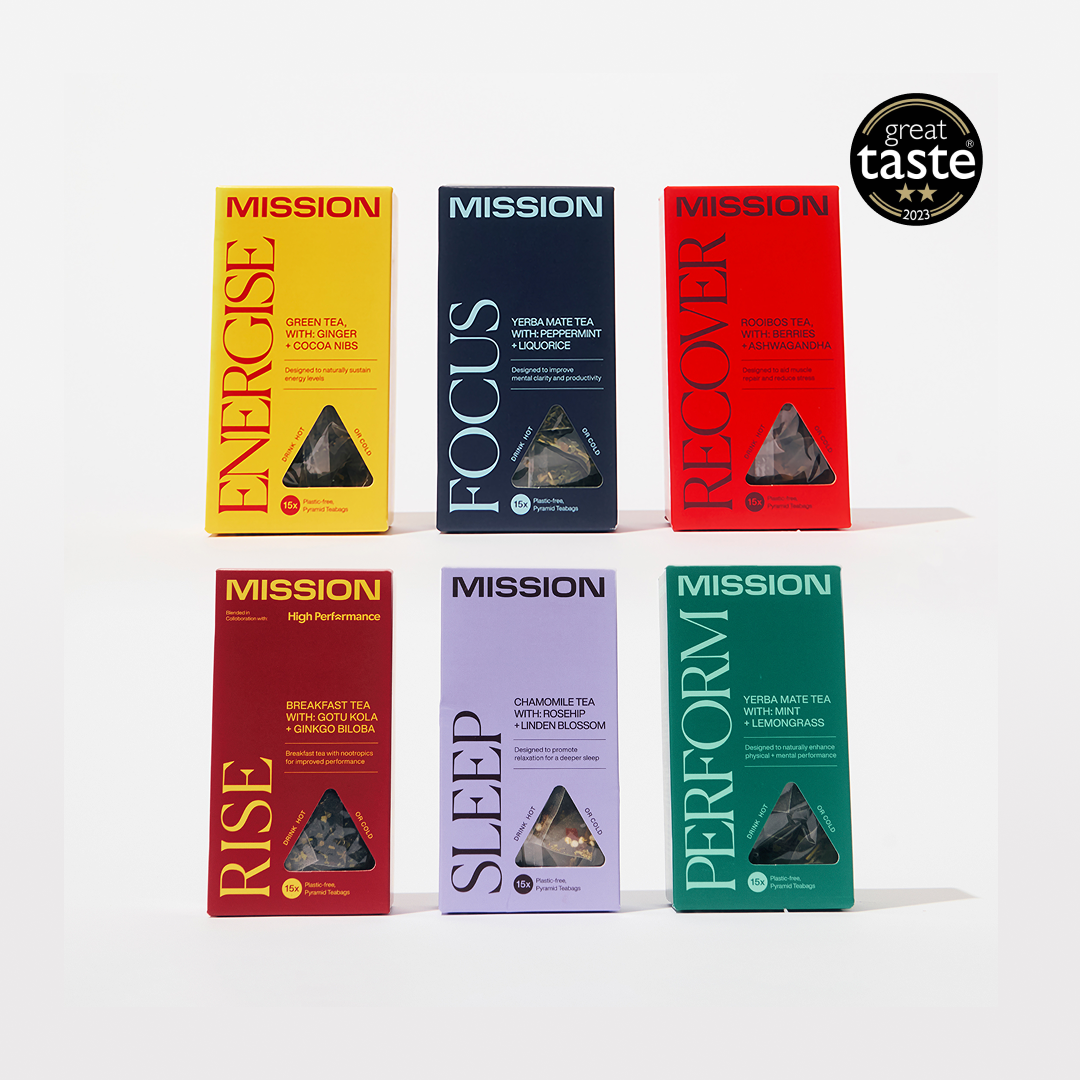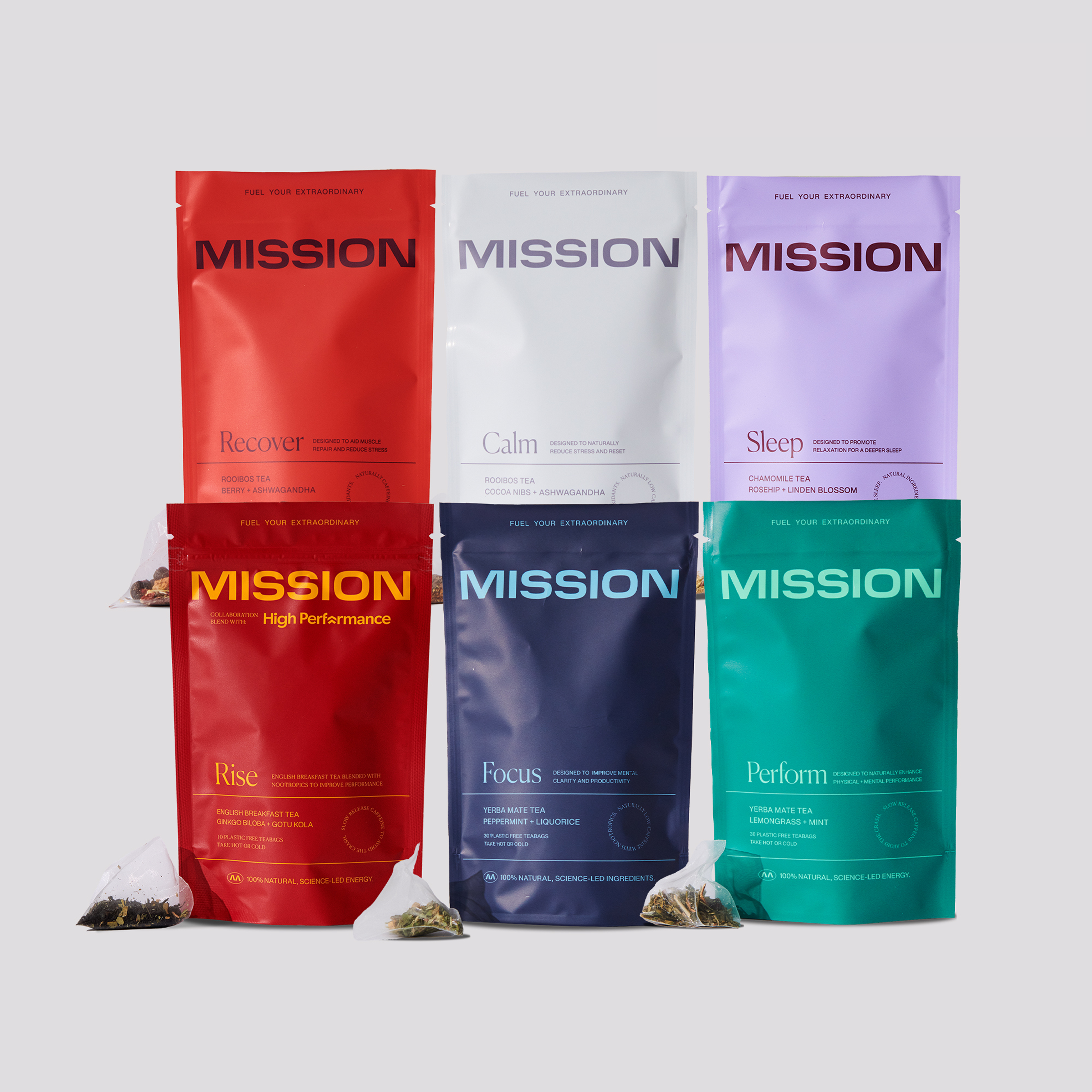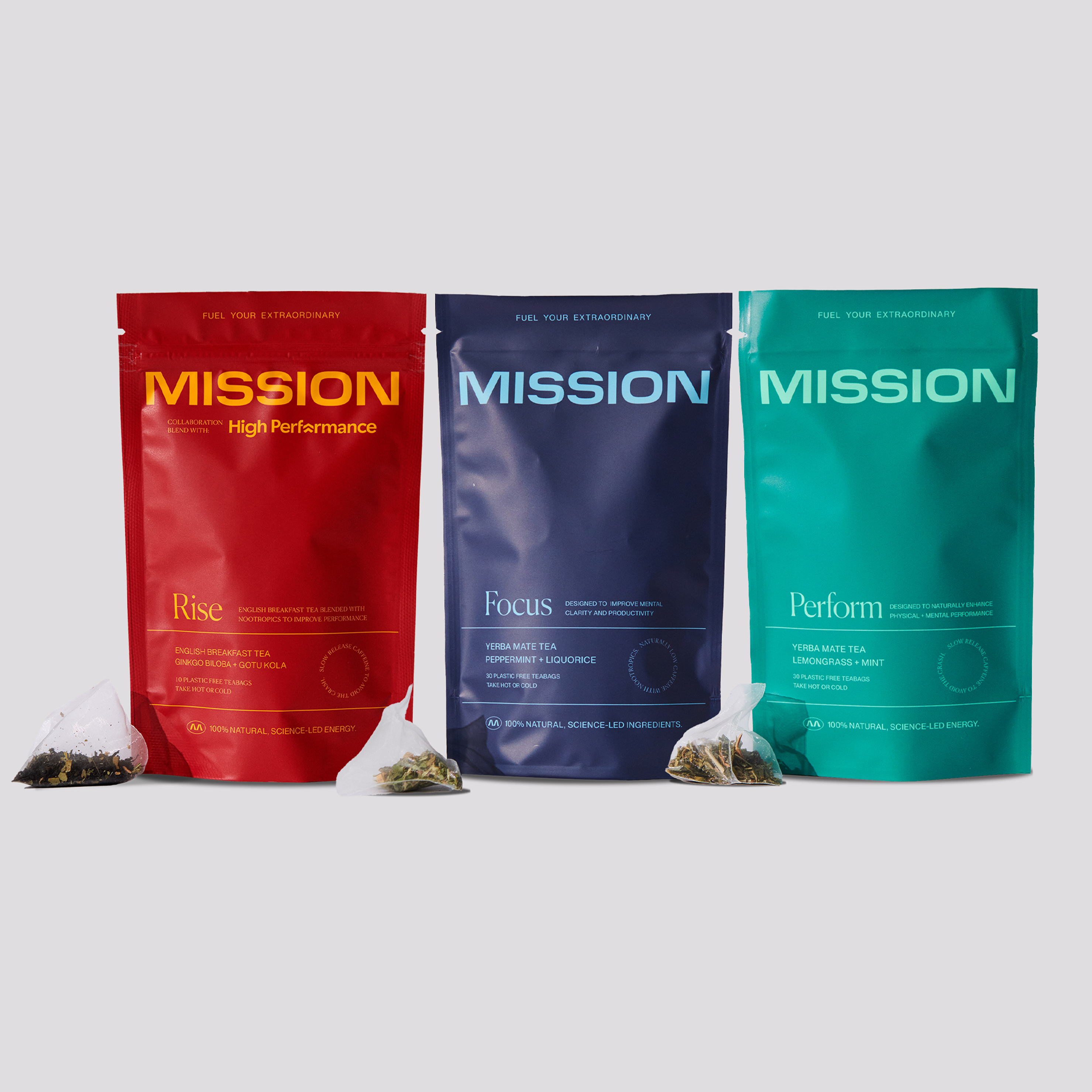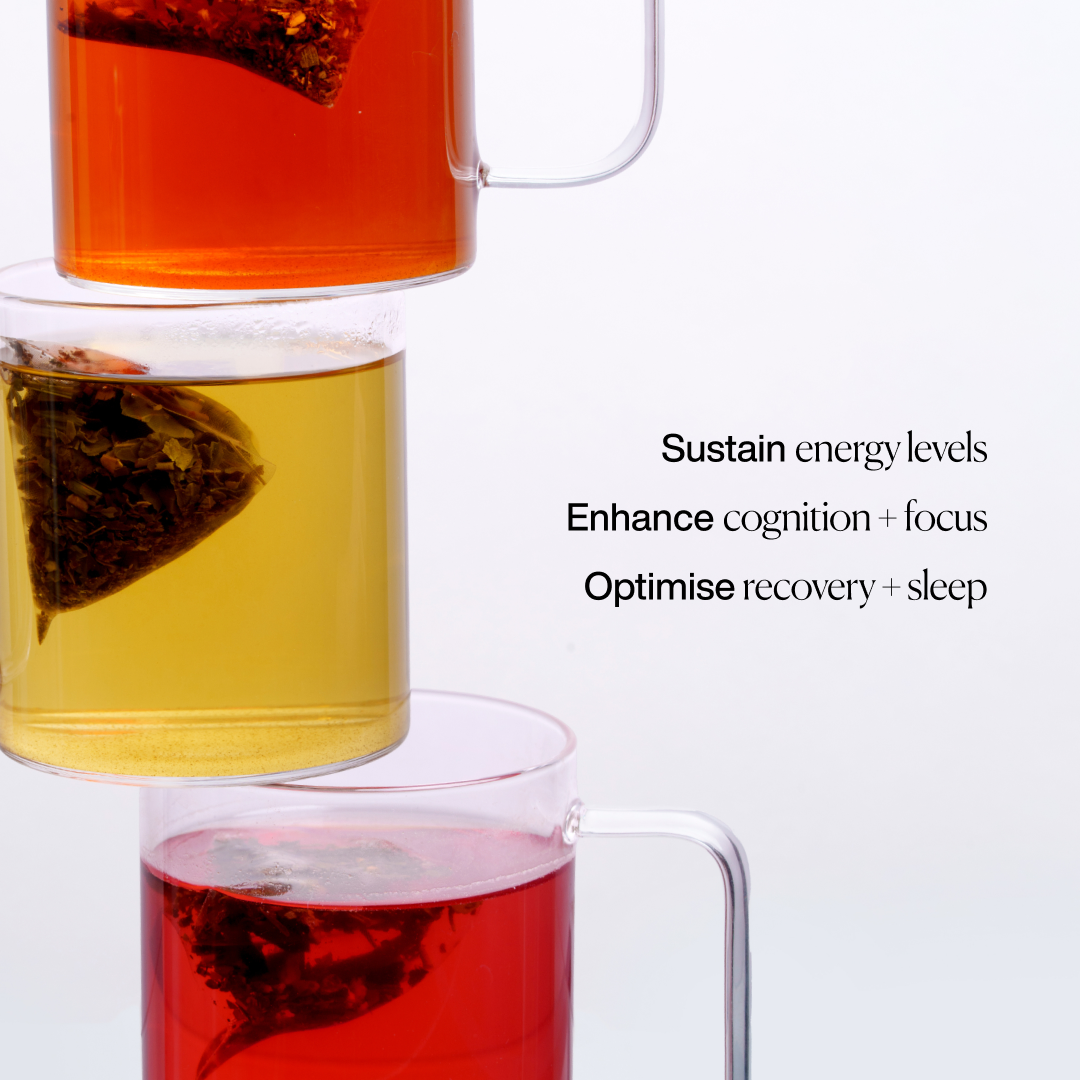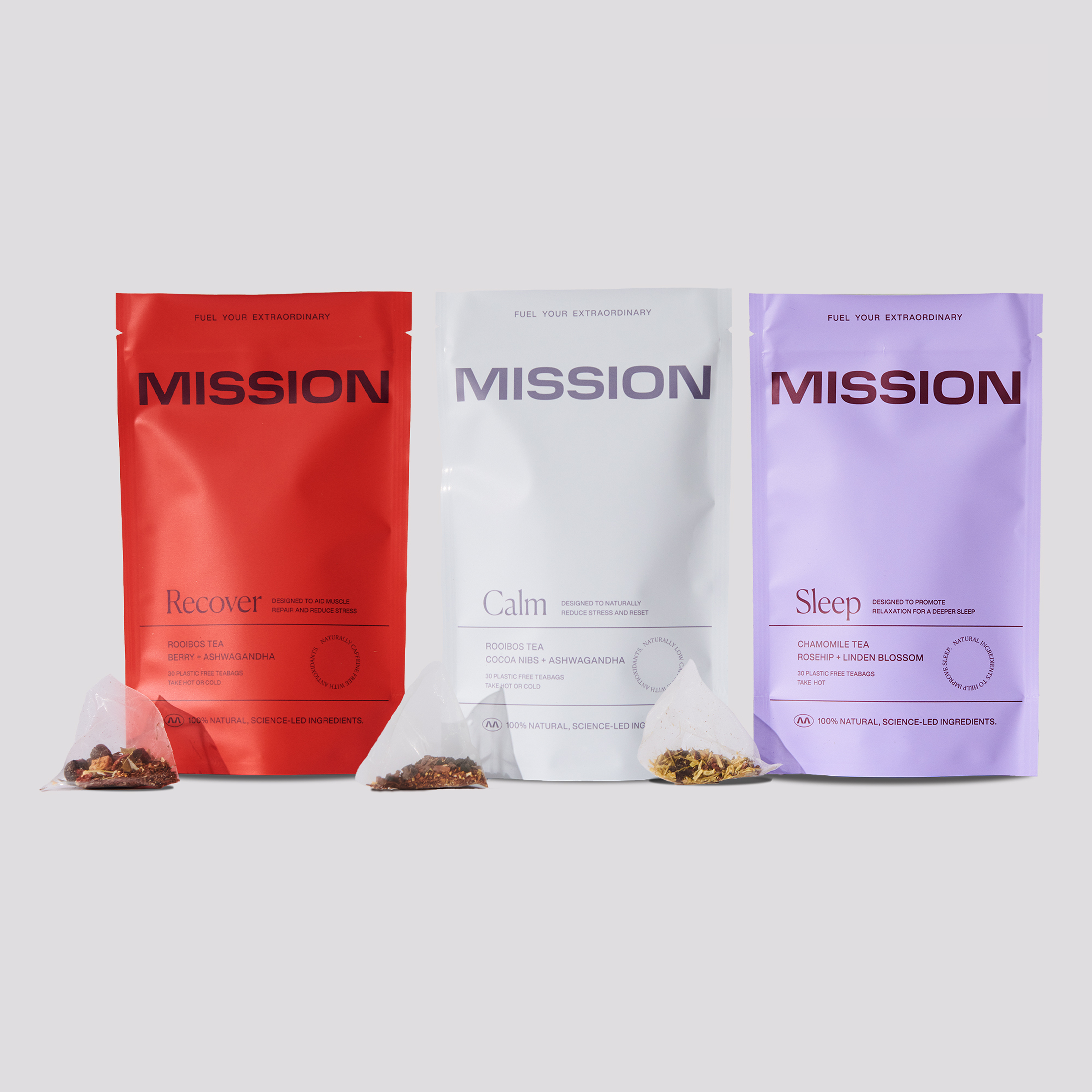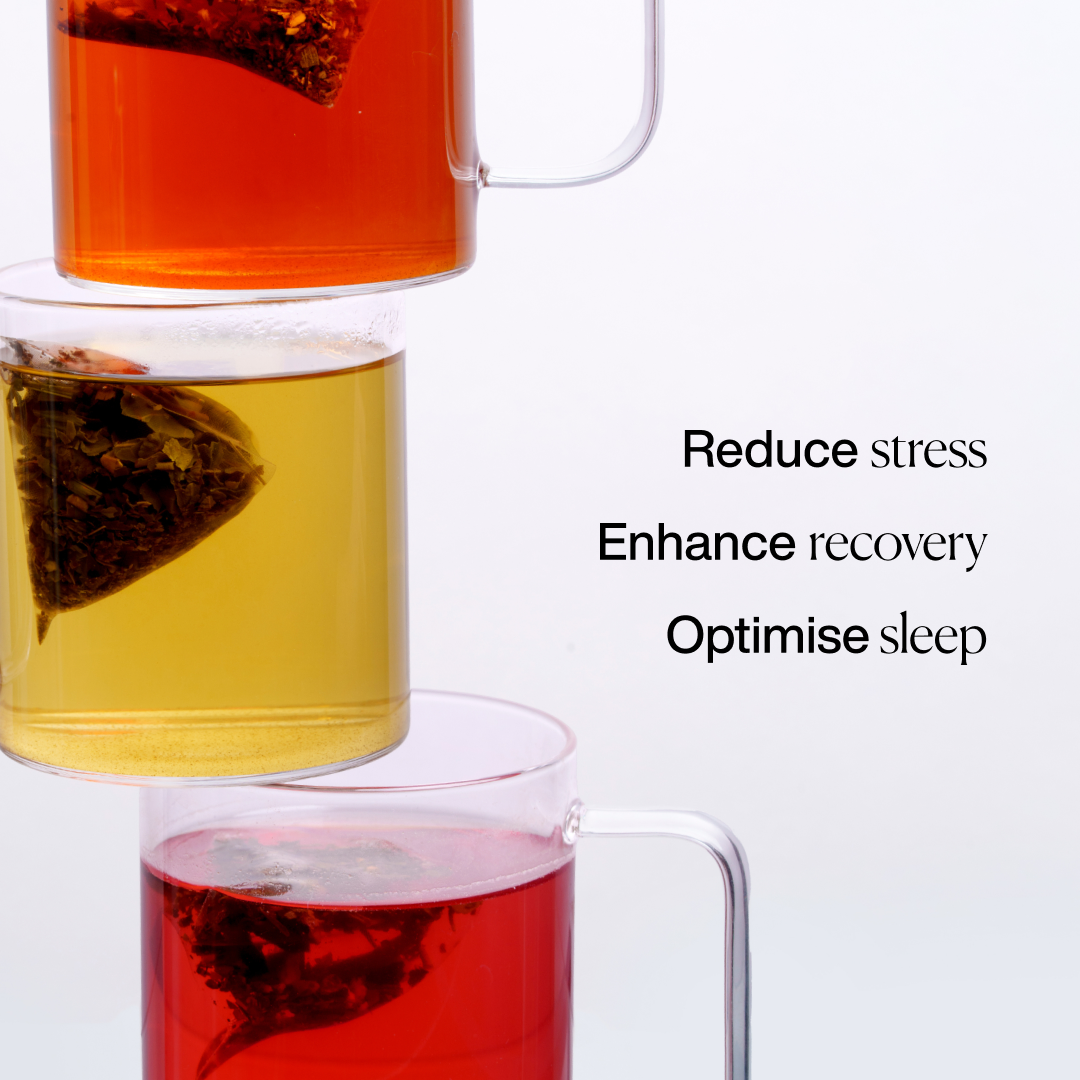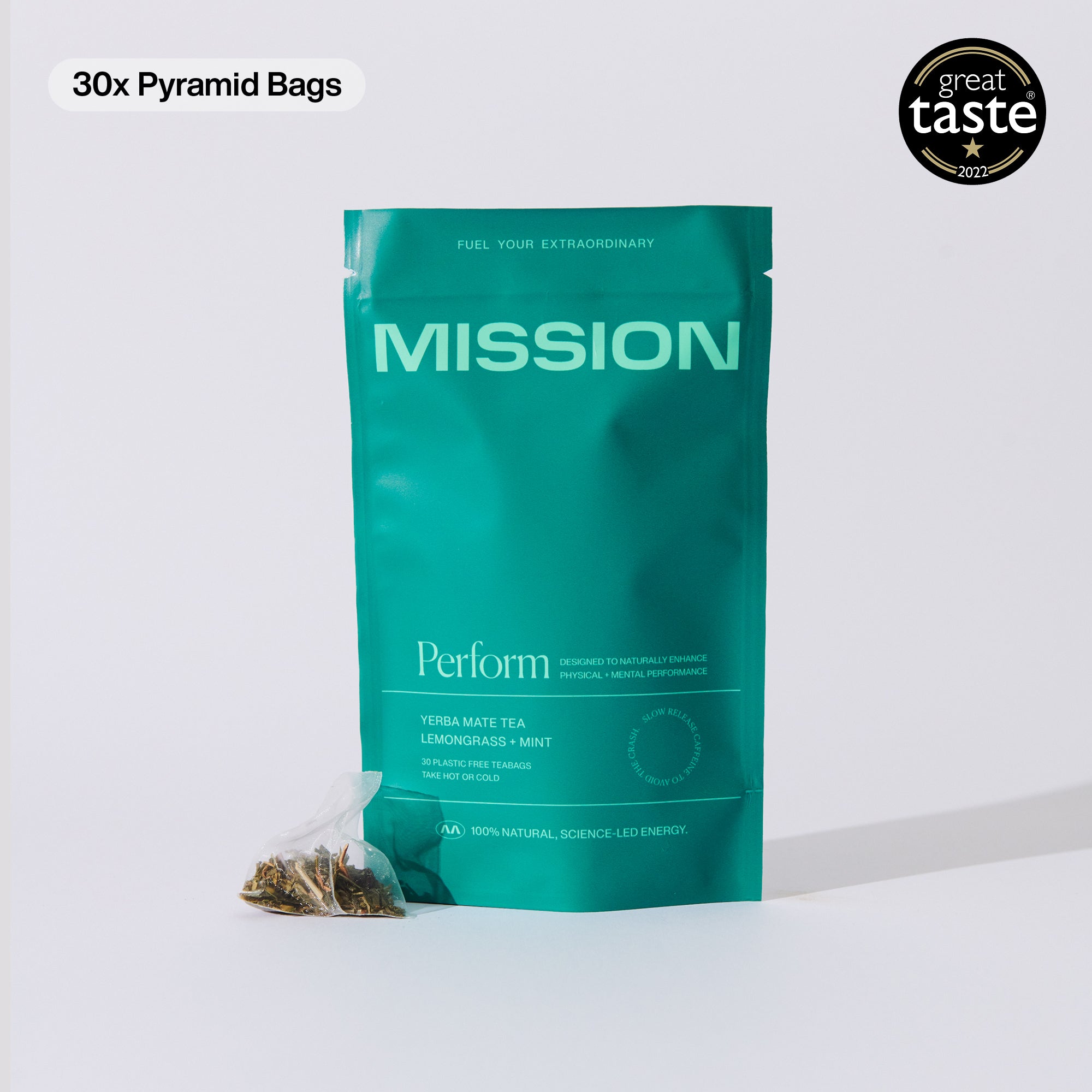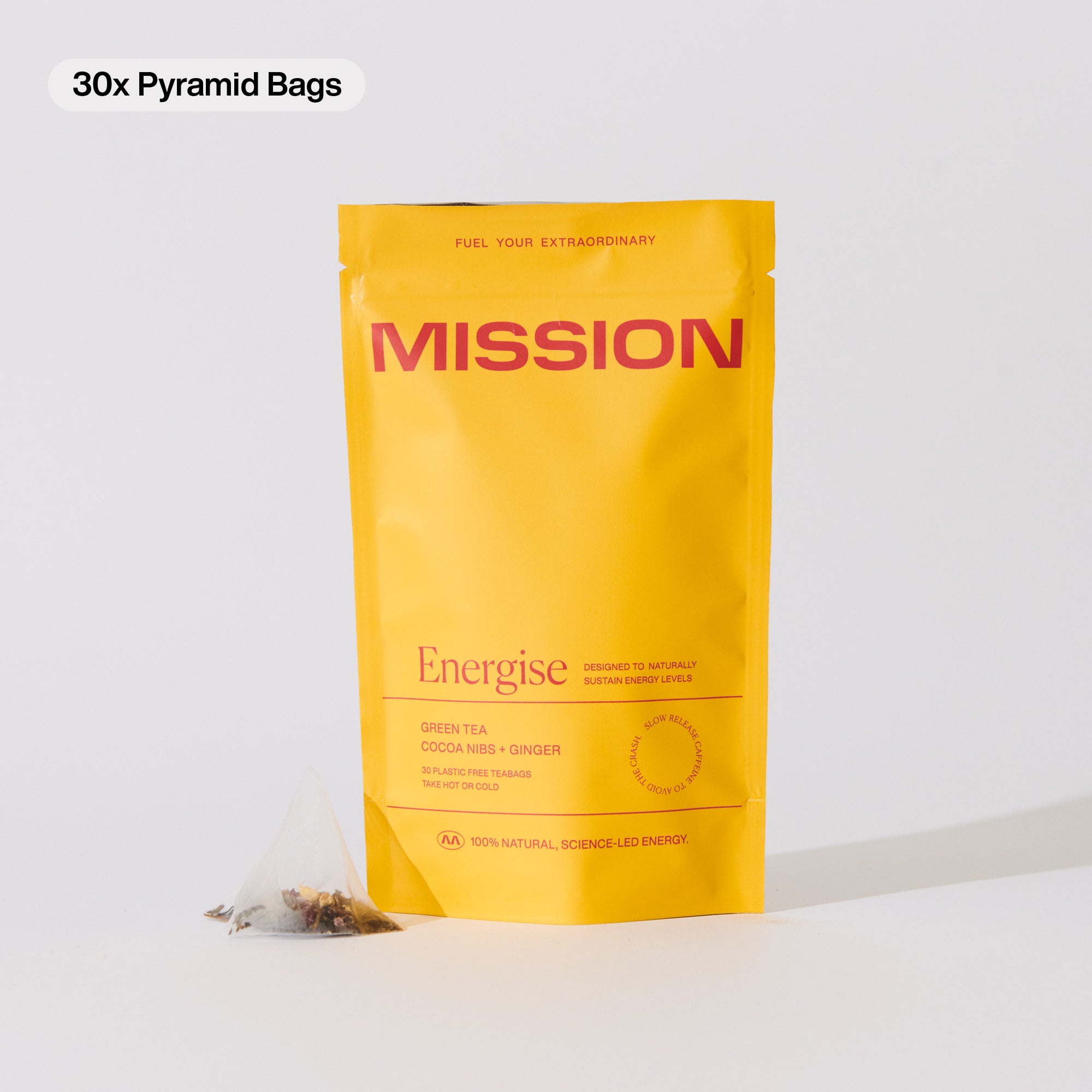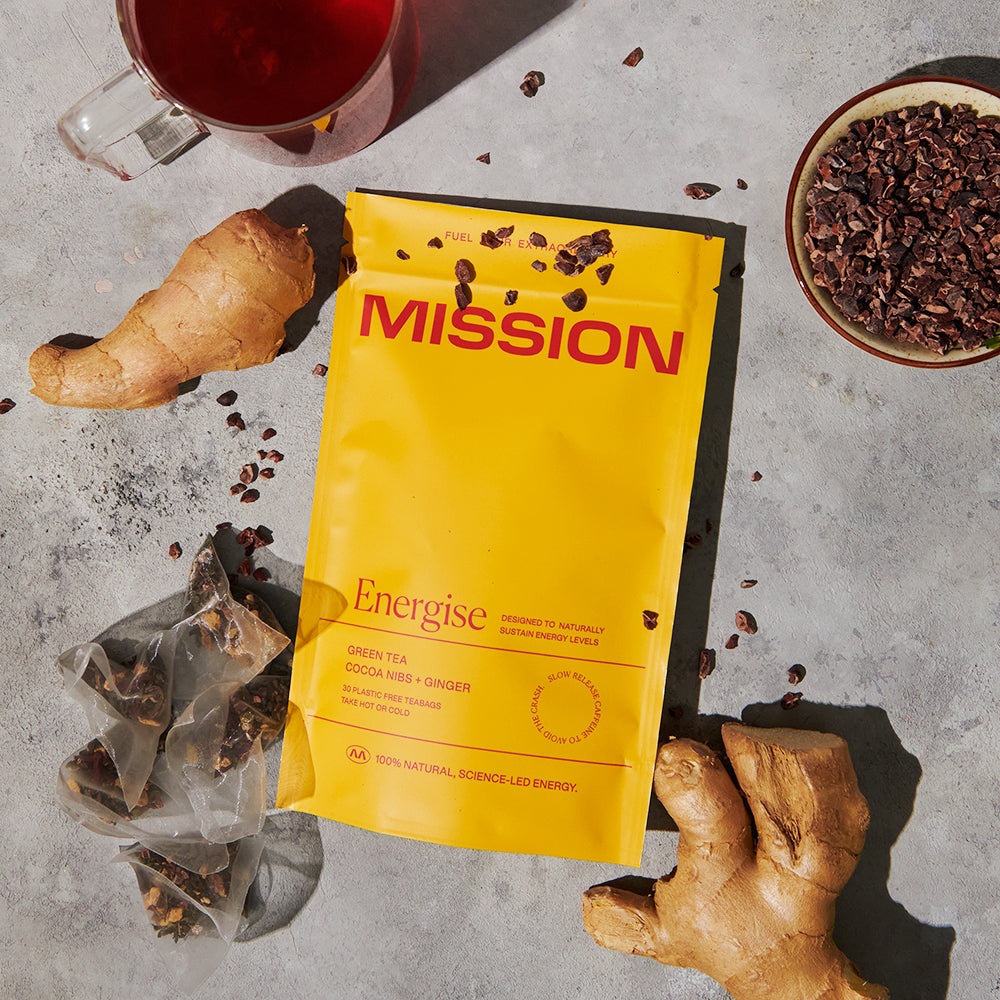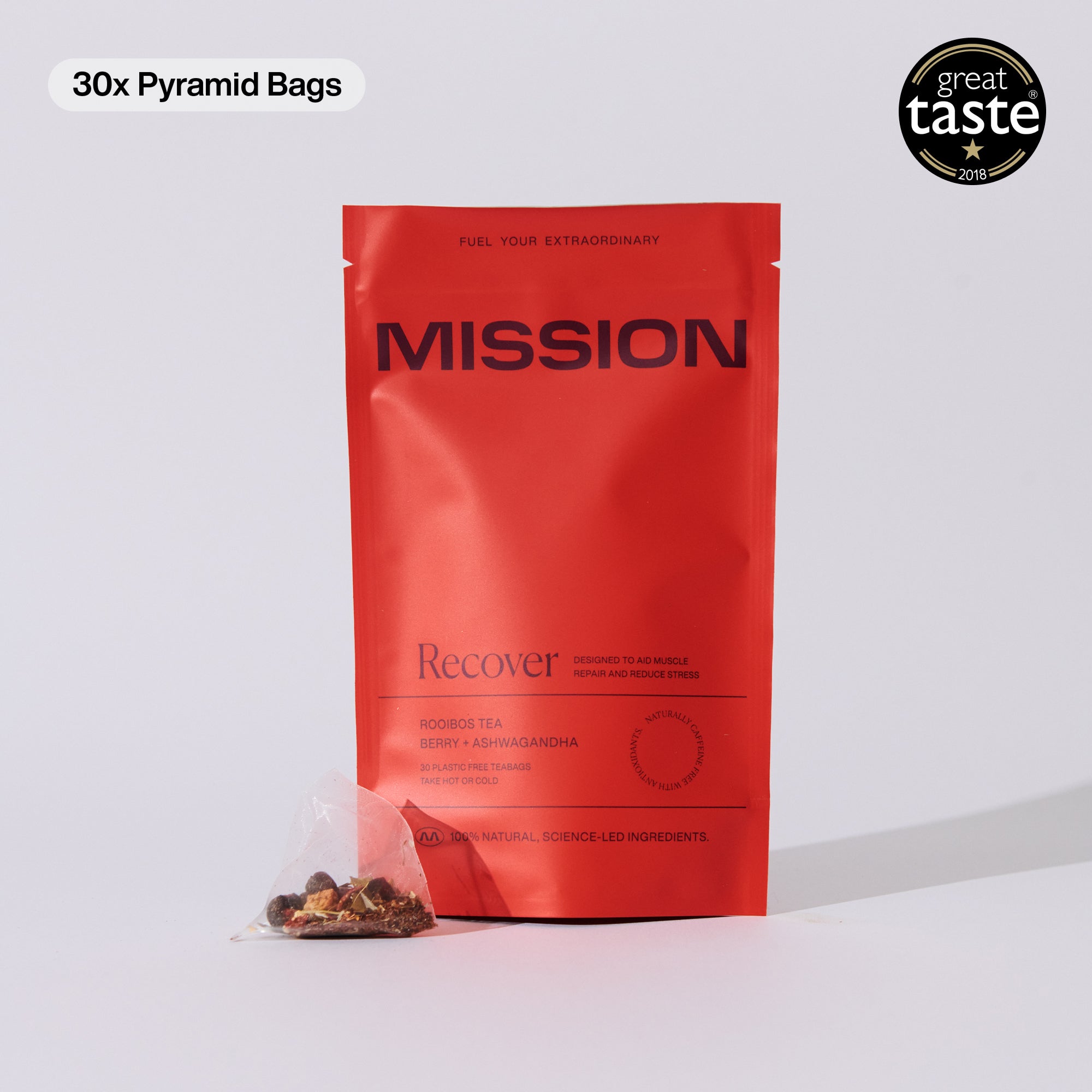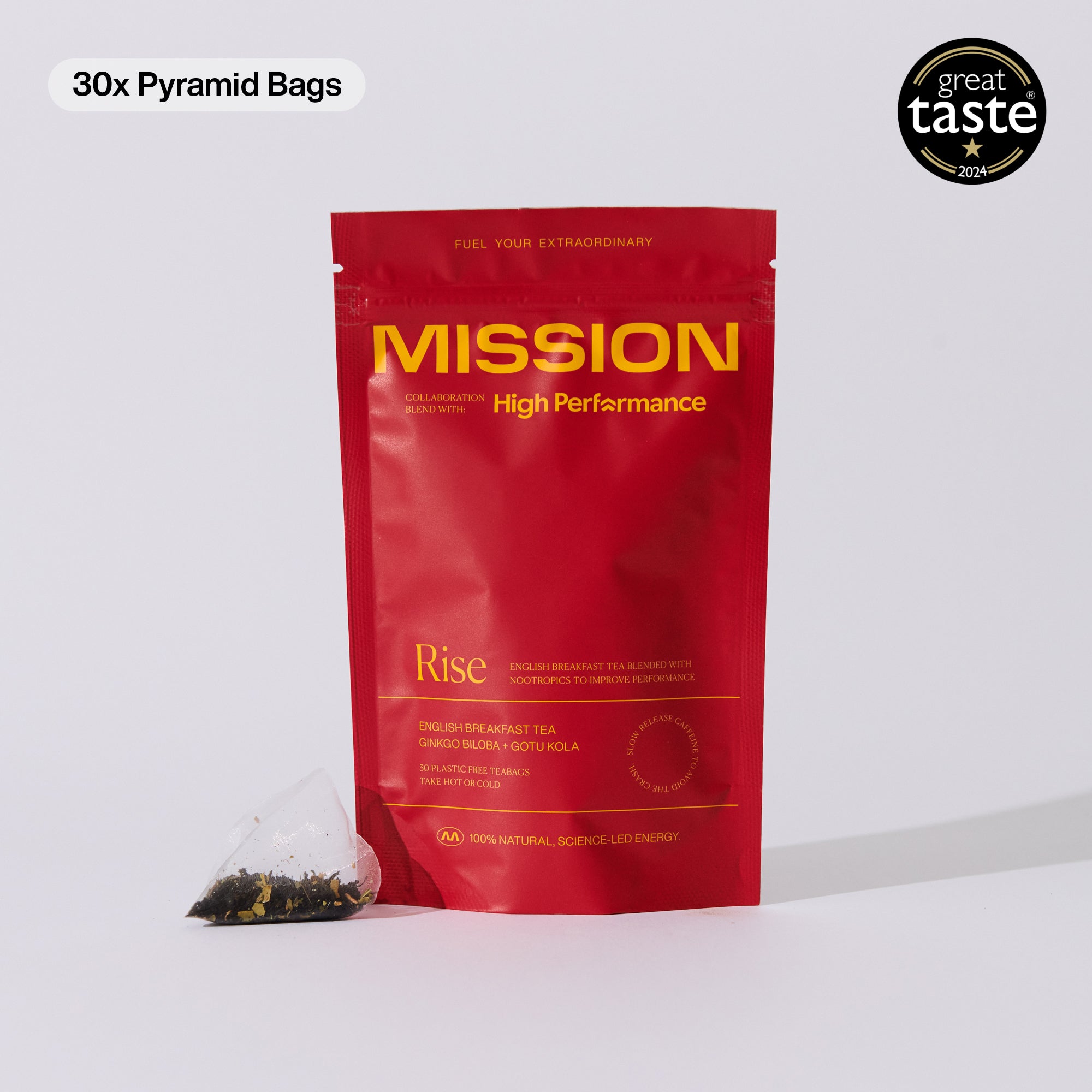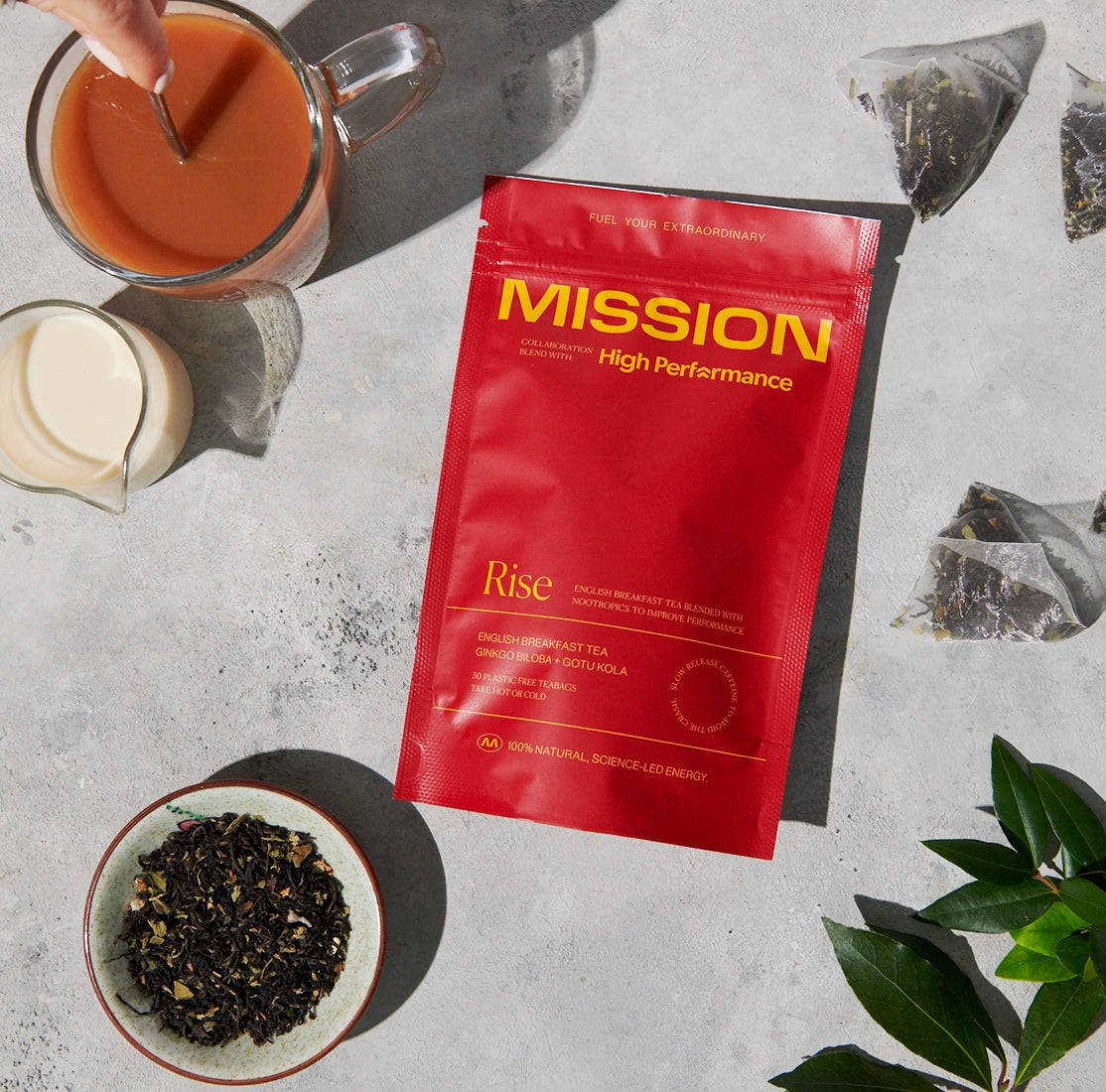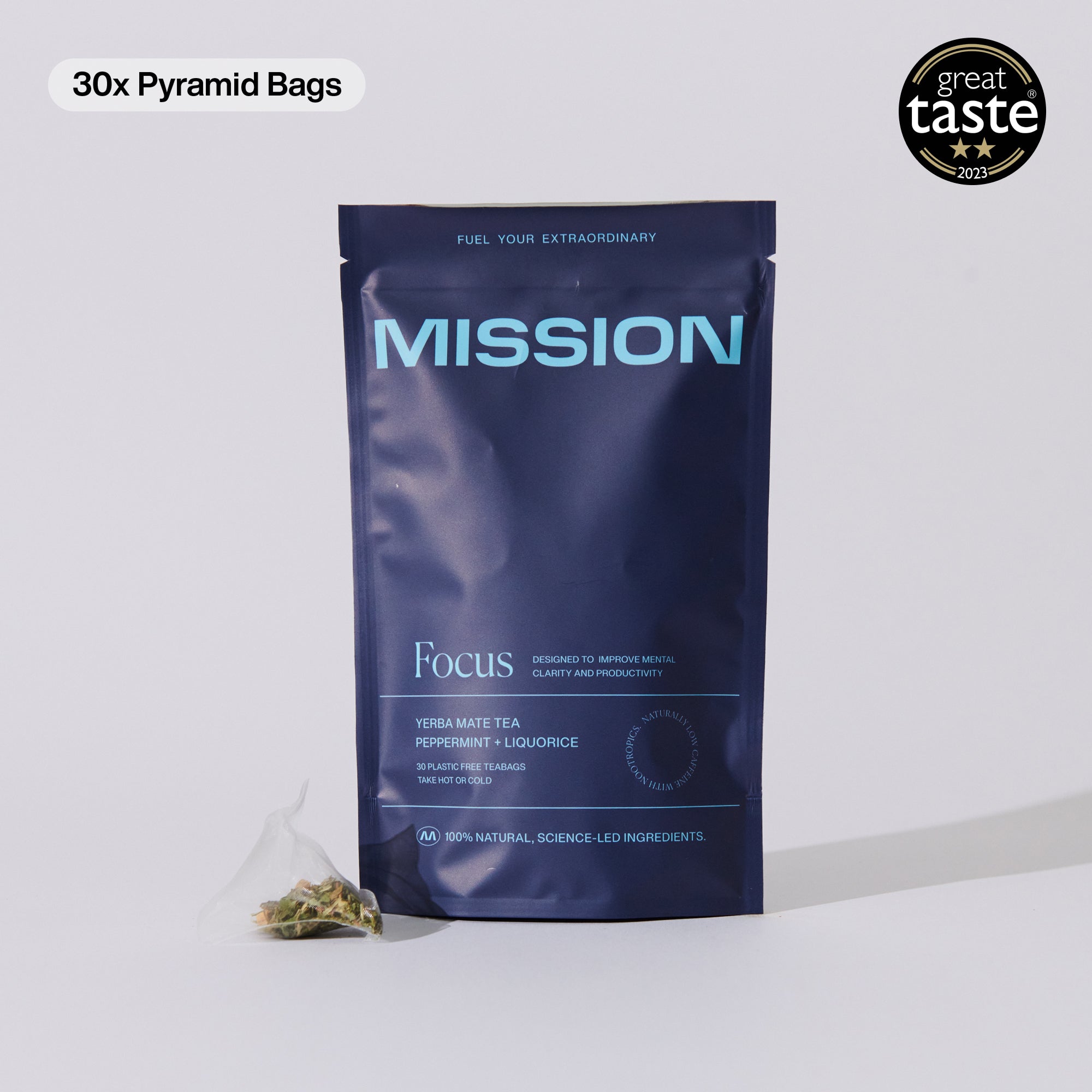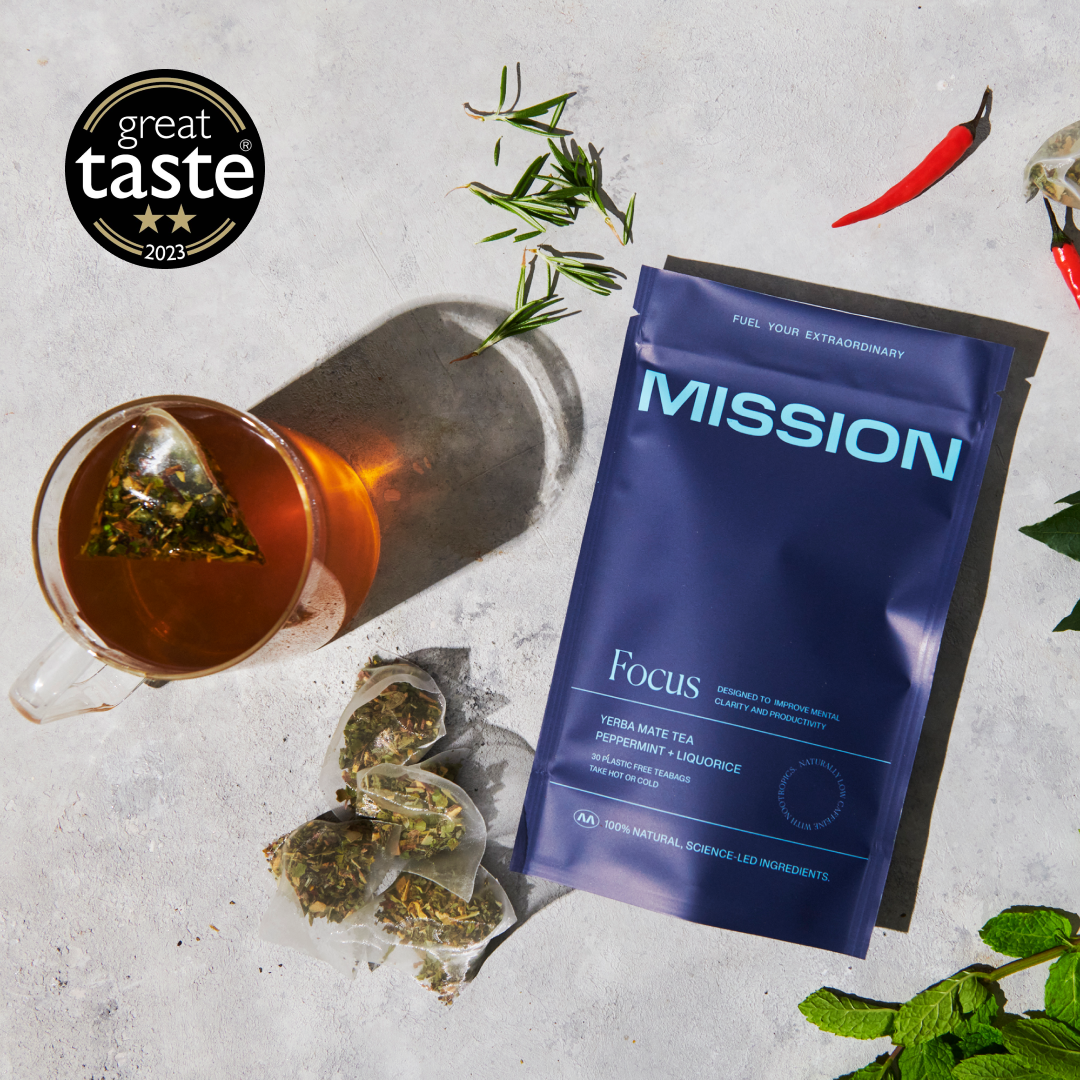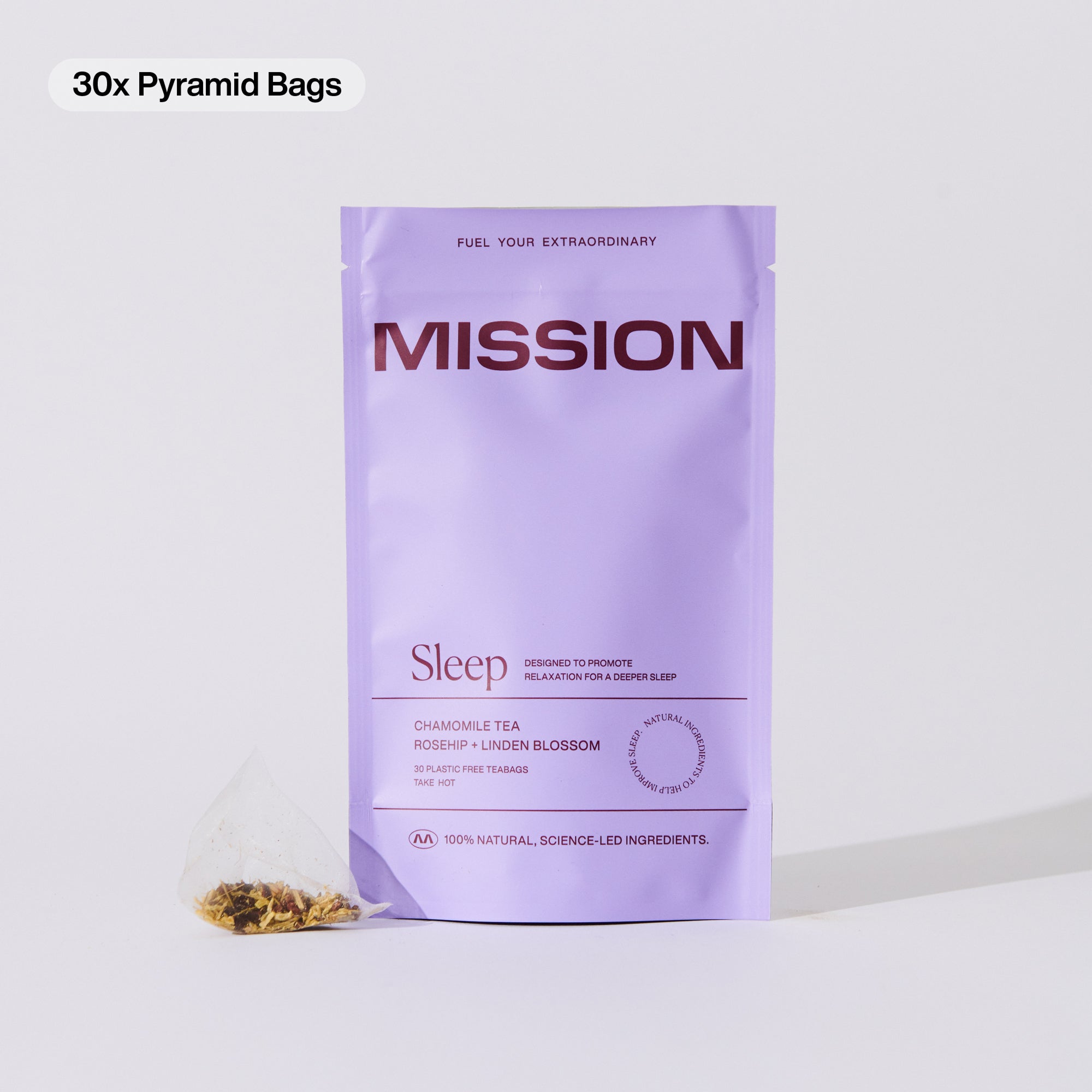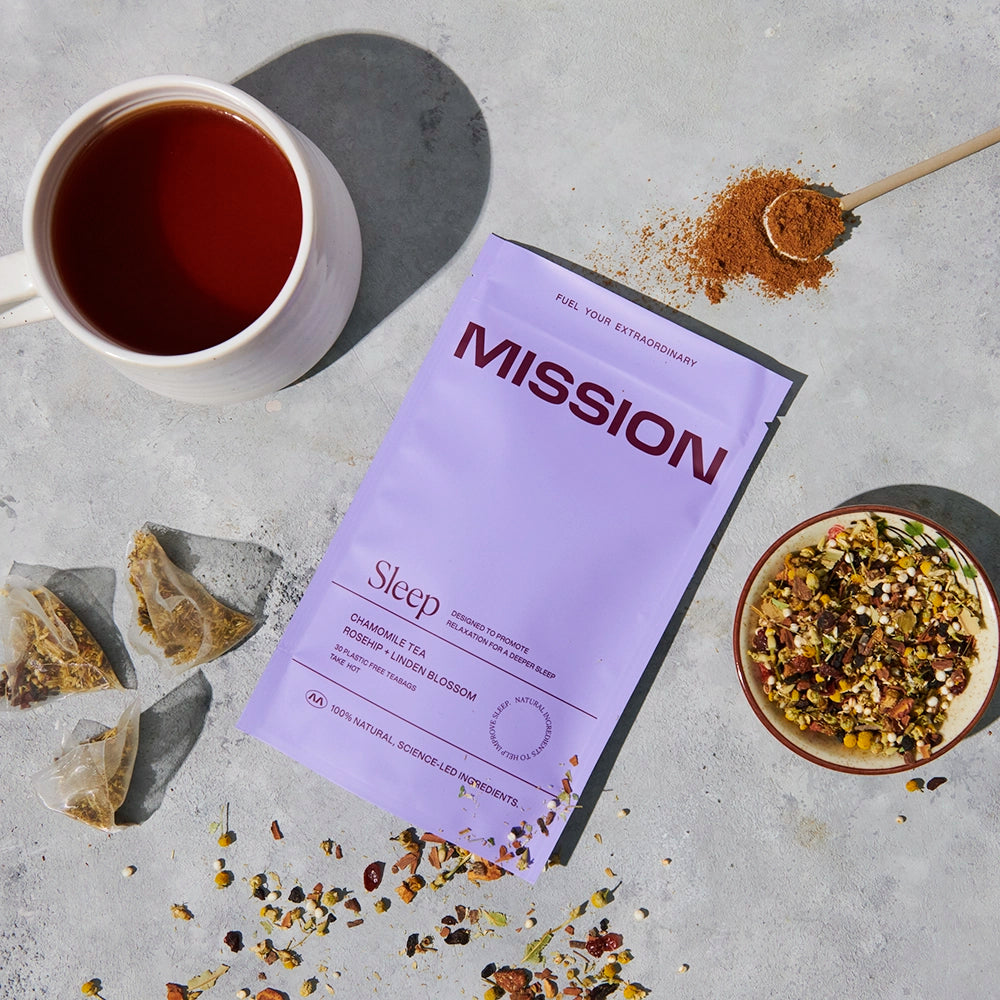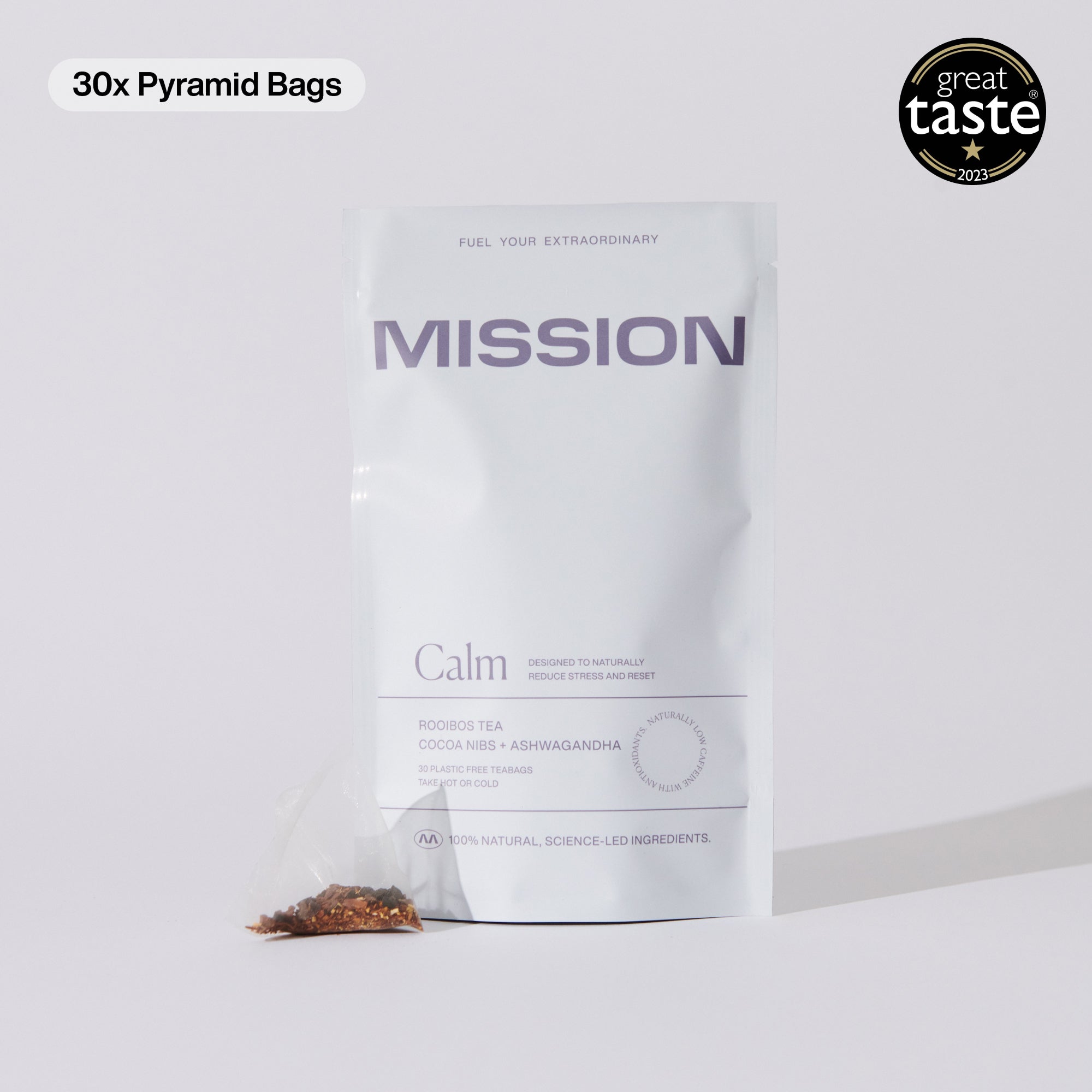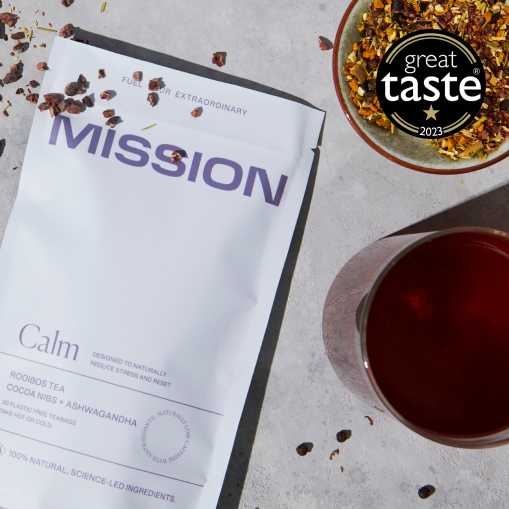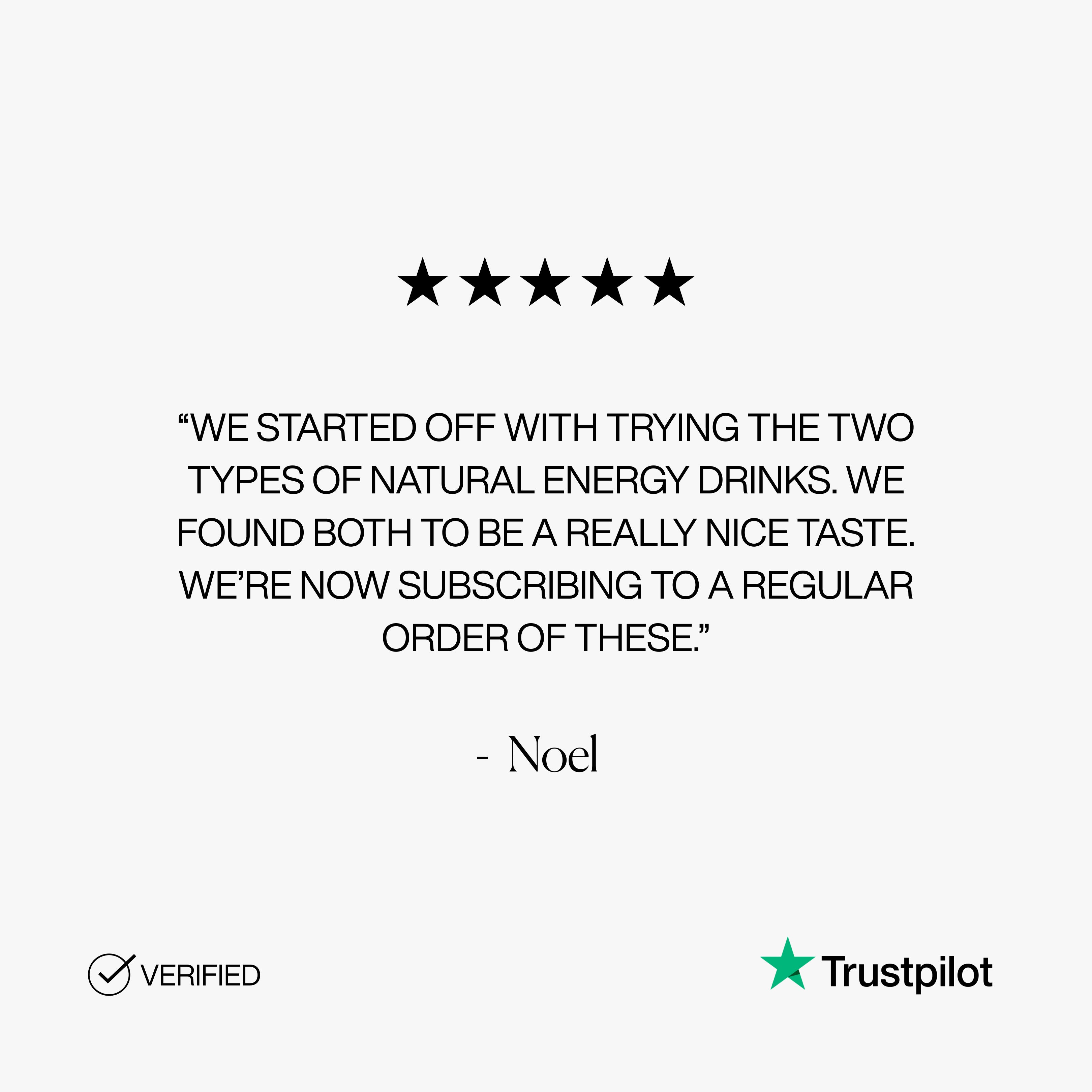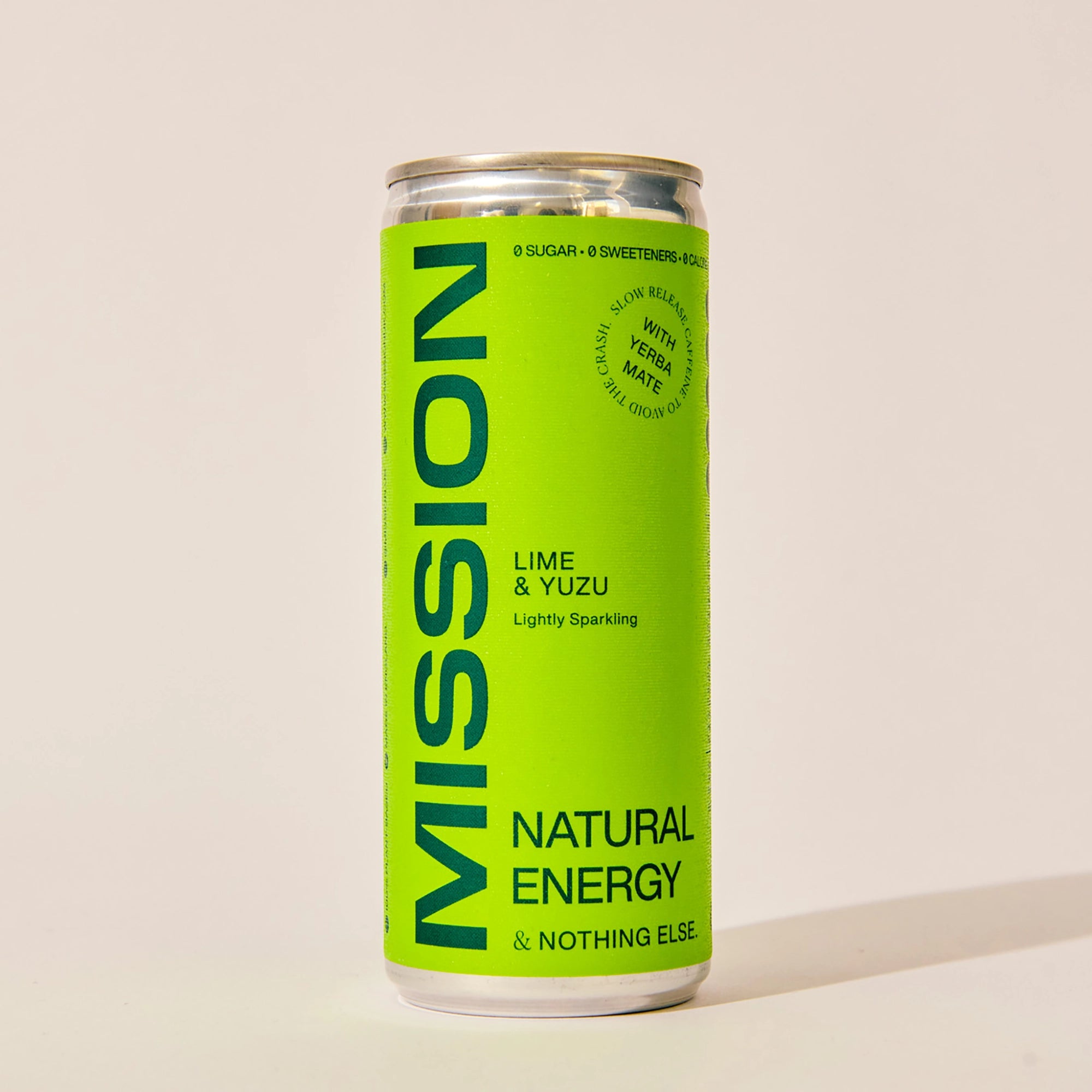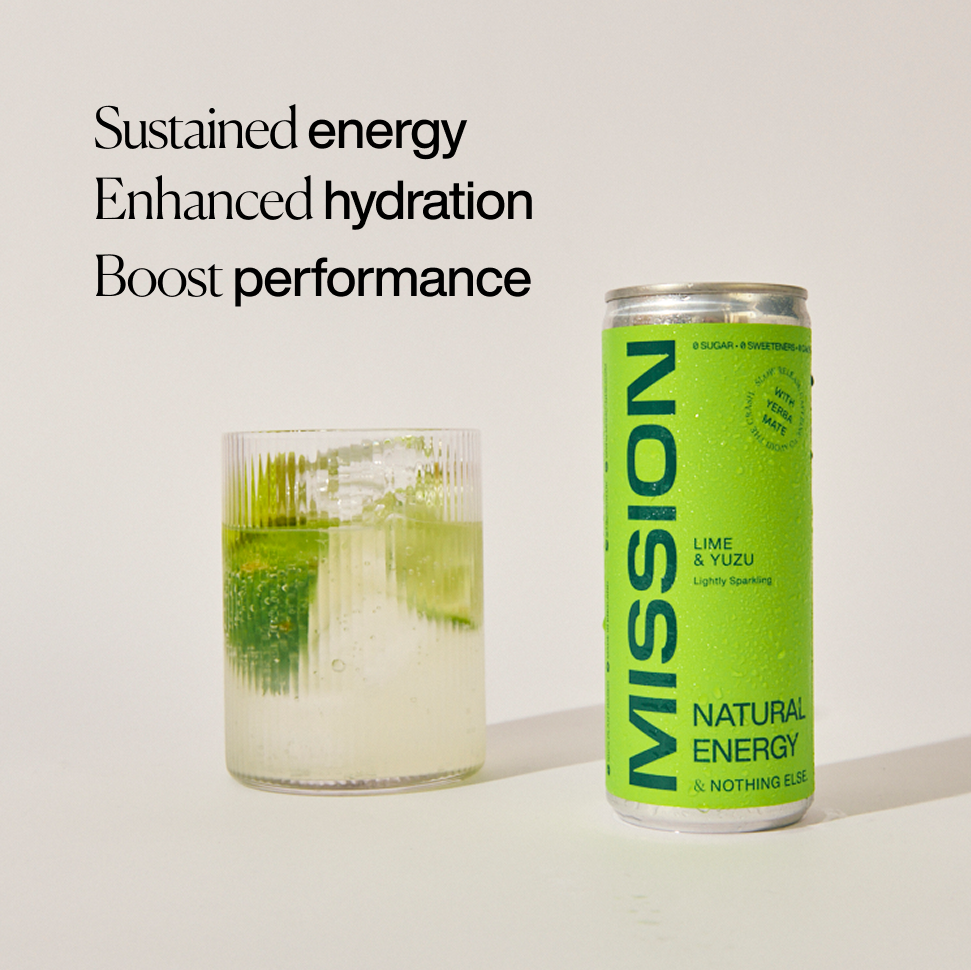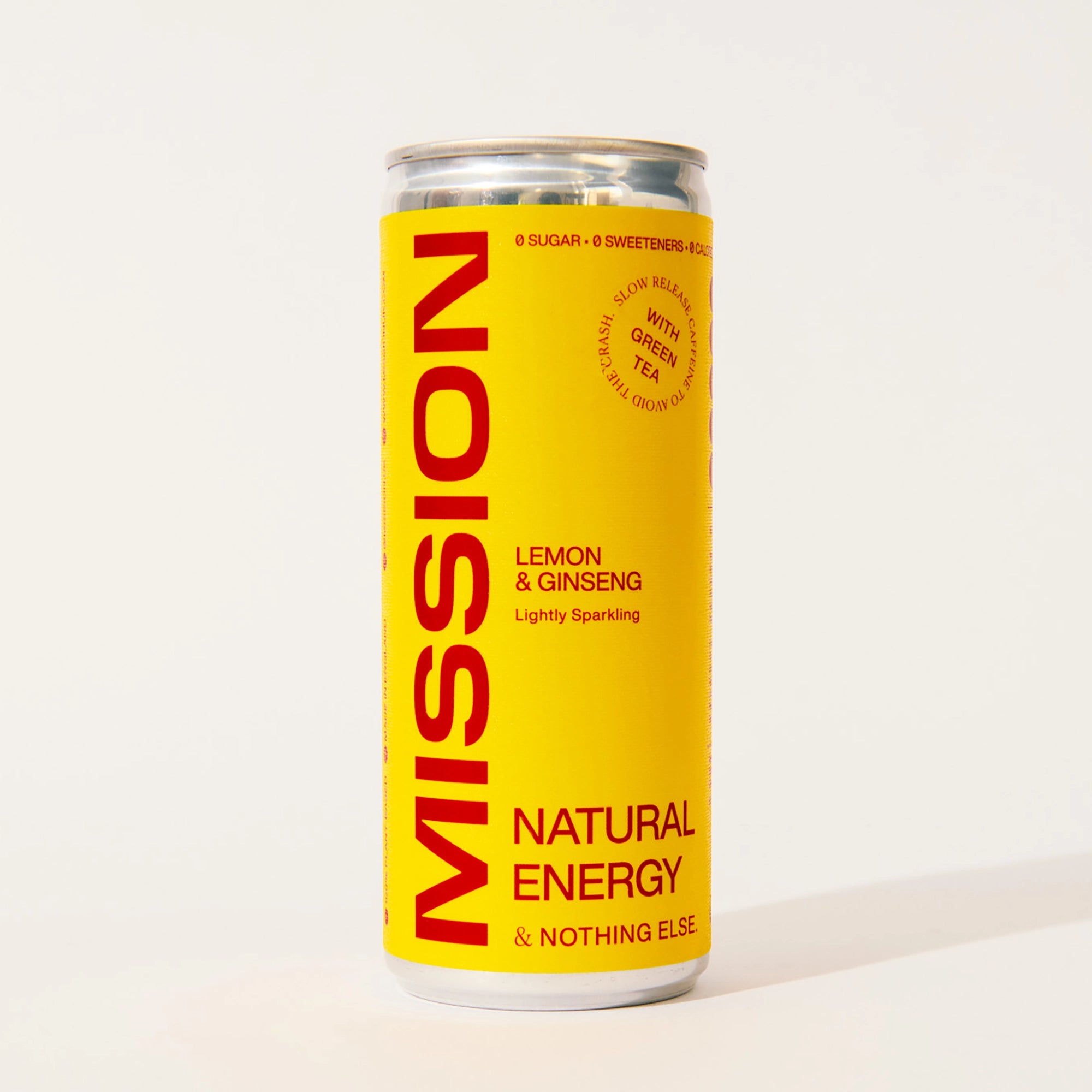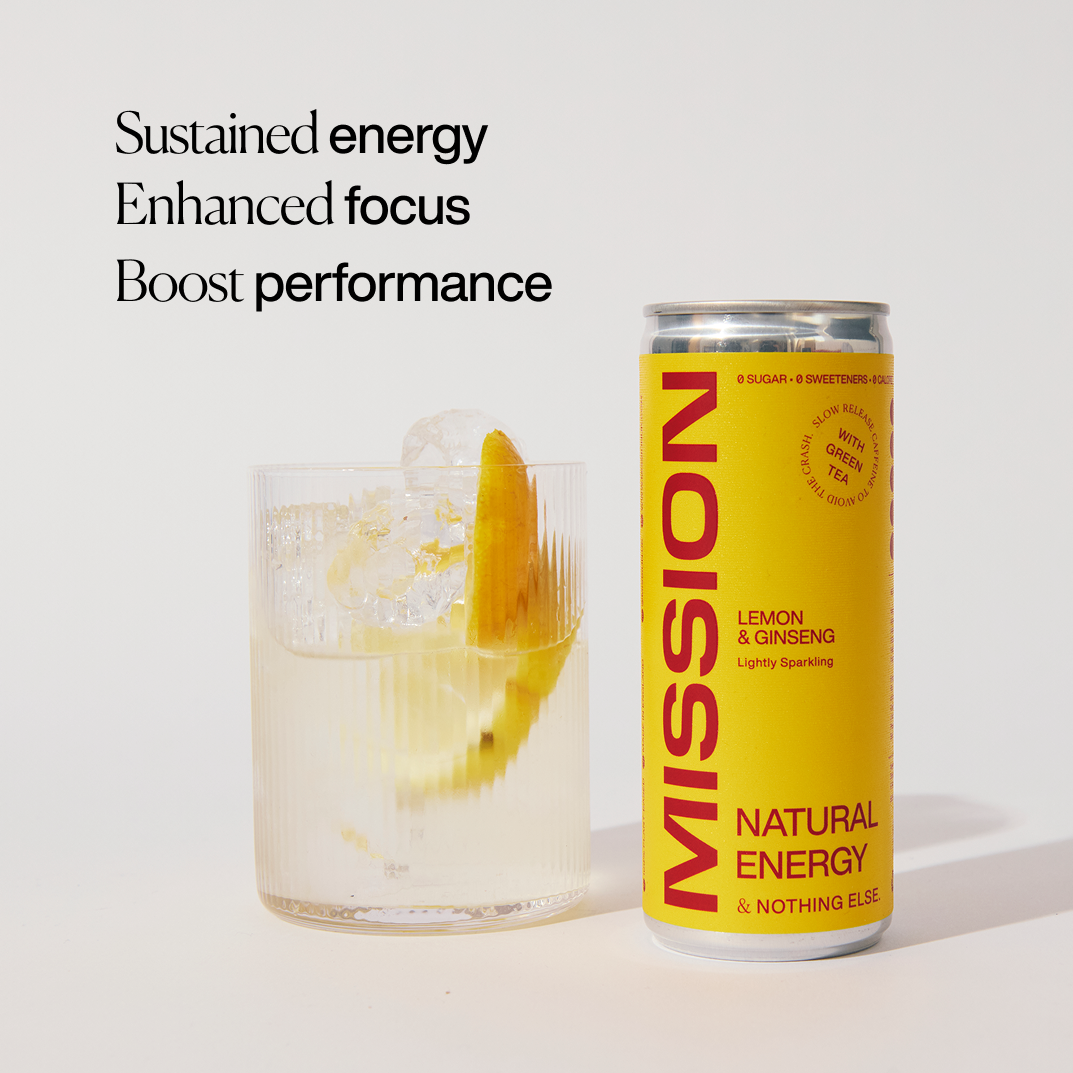Health Benefits of Matcha
What are the Health Benefits of Matcha?
What is Matcha?
Matcha is a type of high grade green tea that is ground into a powder form. Matcha originates from Japan. After studying in china’s monasteries, a priest returned to Japan and popularised what he called ‘the way of tea’, a meditation ritual within his community of Japanese monks. Eventually this ceremonial tea drinking routine was spread throughout the rest of the country and is now a popular drink globally.
Matcha, like all true teas, comes from the leaves of the Camellia sinensis plant. It is grown by the laborious process of shade grown leaves where the sun and any light is filtered and controlled. This gives matcha its deep green colour.
What are the health benefits of Matcha?
Matcha contains so many properties that benefit our health. Firstly, it is incredibly high in natural antioxidants. Antioxidants are compounds which protect the body from harmful free radicals in the air which can damage cells and cause chronic diseases. Antioxidants help give the body a natural immunity boost and who doesn’t want that!
Matcha can also help boost brain function. Matcha has been linked to improvements in attention, reaction time and memory. Matcha also has a higher caffeine content than regular green tea which may explain the increase in alertness. A smaller study also showed that increasing matcha consumption can increase brain function in older adults also.
Further, matcha has also been linked to improved liver function. A review completed in 2015 showed matcha can decrease the risk of liver disease as well as it being. However experts are noting that more research is needed in this area.
Due to the high level of antioxidants in matcha, it has also been linked to cancer prevention as well as protection against heart disease. Matcha also gives us energy.
Just like other types of tea, matcha contains caffeine which is a stimulant therefore increasing brain activity, leaving us feeling alert and refreshed.
Lastly, all green teas, especially matcha have shown to aid weight loss and it is an ingredient that often appears in weight loss supplements.

What does Matcha taste like?
The matcha taste is complex and rich due to the shaded nature of growing the green tea leaves. Matcha has a high chlorophyll and amino acid content which gives matcha quite a vegetal taste but followed by a sweet aftertaste.
How often should you drink Matcha?
If you are drinking matcha for its vast health benefits then one or two cups a day should do the trick. However, in order to unlock its long term protective factors, matcha should be implemented into your daily routine. Is Matcha good for your skin? On top of the already mentioned benefits of matcha, it is also great for your skin. Many of us may struggle with our skin, from acne, hormonal imbalances and stress, however, matcha, due to its high concentration of epigallocatechin gallate (EGCG), this helps reduce inflammation as well as even skin tone. On top of this, matcha also has antibacterial properties, and can increase skin elasticity.
Does Matcha increase collagen?
Yes! Matcha is high in vitamin K which promotes better blood circulation and in turn reduces skin puffiness, inflammation and reduces dark under eye circles. Matcha is also high in amino acids which are the building blocks of our cells, this further promotes the production of collage in the body, leaving the skin looking more firm and more youthful, who wouldn’t want that?
Is Matcha good for weight loss?
Yes! As mentioned, matcha is great for weight loss and is often seen in weight loss supplements. This is because of matcha high concentration of EGCG and the caffeine content which helps boost our metabolism and promote fat burning!

Is Matcha good for ADHD?
Matcha can be good for ADHD. This is because matcha has a high level of L-theanine. This is an ingredient that helps improve focus and concentration and therefore can minimise ADHD properties. On top of this, the high concentration of EGCG and antioxidants have demonstrated neuroprotective properties.

Is Matcha good for anxiety?
Yes! Similar to controlling ADHD properties, the amino acid L-theanine lessens the stimulating effect of caffeine on the nervous system. While caffeine can result in some jittery anxiousness, the properties in matcha help absorb the caffeine and release energy in a sustainable manner.
Mission’s Matcha
Here at Mission we love matcha and have a whole blend dedicated to it. Our Perform Superblend blend is a matcha tea + functional mushrooms blend. We have added wild berries + B vitamins! Yerba mate supports sports performance by encouraging fat oxidation.




